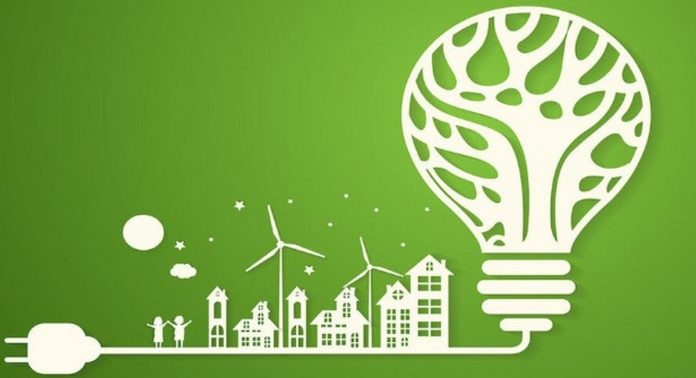Romania will be one of the largest beneficiaries of the Social Fund for Climate, which will create a significant opportunity to reduce the energy poverty rate at national level, according to a press release of the Romanian Energy Poverty Observatory (ORSE).
Thus, Romania will receive 9.25% (EUR 6 billion) of the EUR 65 billion financing package of the Social Fund for Climate, available during 2026-2032.
The Report „Identification of vulnerability to ETS 2 in the Central and Eastern Europe region based on the example of Romania and Poland. Recommendations for social climate plans” was developed by the Center for the Study of Democracy (CSD), together with non-governmental organizations from Poland (WiseEuropa) and Germany (adelphi, Berlin).
„In Romania, households that use gas-fired devices for heating their homes and are already energy poor will be the most vulnerable to ETS 2. However, other types of households will also be indirectly impacted by ETS 2. Therefore, a great stake is to develop programmes adapted to the energy needs of low- and middle-income households that are vulnerable to any price increases. These households are already in precarious situation or at high risk of energy poverty if they do not benefit from long-term interventions. One of the most important tasks for the authorities in the coming period is to identify and profile the households that will be most affected. This EUR 6 billion financing that Romania will benefit from will create a major opportunity to reduce the high rate of energy poverty registered at national level, if vulnerable categories of consumers are correctly identified,” Andreea Vornicu, researcher at the Center for the Study of Democracy and co-author of the study, said, as quoted in the release.
ORSE reports that, in Romania, 37% of households were in energy poverty in 2022, after spending over 10% of their income on energy bills (electricity and heating), according to CSD modelling based on data contained in the Family Budget Survey conducted by the National Institute of Statistics.
Middle-income households will largely be directly affected by ETS 2, as these are households that do not have much economic leverage and every change in prices directly affects their income.
In terms of transport, the biggest impact, around 4% on total expenses, would be felt by households at the top of income sources, according to the report published by CSD.
The Romanian Energy Poverty Observatory (ORSE) is a project initiated by the Center for the Study of Democracy, a think-tank founded in 2006 within the Department of Political Sciences, Faculty of Political, Administrative and Communication Sciences, Babes-Bolyai University of Cluj-Napoca, within which it operates as an accredited research center.AGERPRES




